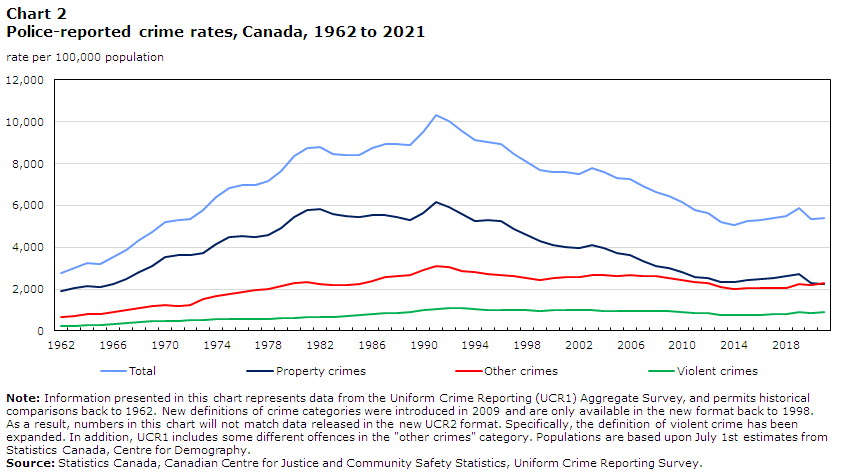Let’s take a step back and think about the harmful narratives it can perpetuate.
With the amount of controversy and hype — if we can even call it that — around the Jeffrey Dahmer series on Netflix, I couldn’t help but reflect on the ethics of true crime content as a form of entertainment.
It’s nothing new that true crime content is enjoyable to watch for many. It has everything a compelling story needs: good and evil characters, a mystery that needs to be solved and a denouement that can either be frustrating or satisfying.
After all, crime has always been a subject of interest even before Netflix made documentaries or YouTubers recorded podcasts about it.
Although it may seem like a new thing because of social media, vigilantism has always been around. Public executions and the role of the church in presenting criminals as evil made the public invested in crimes in their area.
Today, it has become a genre on TV, a topic of debate, a hobby, a whole culture. With content on YouTube, Netflix, and TikTok, true crime has also created spaces for community discussions on Reddit, Facebook, and blogs.
The casualness with which true crime “fans” consume this content and discuss their obsessions with specific cases is weird when we put it in perspective.
Although being obsessed with serial killers has been discussed before and has been deemed “not okay” in the true crime community, they’re still exploiting someone else’s story.
When I see discussions around whether true crime content production/consumption is ethical or not, the conclusion I sometimes see is that it’s okay as long as we don’t romanticize the attacker and that we give the victim the main voice by focusing our re-telling of the events from their perspective.
But how is that any better for the victims’ friends and family? And who are we to say that we have the right to tell that person’s story?
As someone who lost a friend to murder, I would not like to see a YouTuber trying to make a name for themselves by exploiting her story and plastering her face in their thumbnail.
The topic has been so desensitized that you can now watch a Gen Z college student talk you through someone’s horrible death right before plugging in an ad for a Ring doorbell to keep you safe from being the topic of their next video.
This type of content also tends to over-simplify judicial procedures and due processes in our legal system. It’s easy to make a video detailing all the horrible things a criminal has done to their victims to appeal to the humanity of the viewer and skip over all the steps of our criminal justice system before sentencing.
From having explored it first-hand myself by shadowing a criminal court judge for a year, I can say that the criminal justice system is much more gray and complex than simply identifying guilt and locking criminals away for life if they seem to deserve it.
It’s also important to make a distinction between real-life criminality and true crime content. True crime content focuses on a very small percentage of the most brutal and sensational crimes because those make the most interesting stories.
The police-reported crime statistics of 2021 released by Statistics Canada shows that violent crimes only accounted for 890 individuals per 100,000 while property and other crimes accounted for 2,219 and 2,266 respectively.
This trend is also presented in a graph as being steady since 1962.

True crime content tends to perpetuate myths about violent crimes that can be harmful to viewers, like the stranger-danger myth that can be responsible for a lot of profiling and false accusations.
This type of content does not explore these nuances, as it is produced as a form of entertainment.
Since it sensationalizes criminality as extremely gruesome and relies on dramatizing truly depraved and violent acts for viewers’ entertainment, it’s impossible for true crime content to deliver an accurate portrayal of these real-life tragedies without throwing audiences off.
It is much simpler to present it as a black-and-white issue and ignore the legal process altogether, than to simplify it in a way that fits the producers’ narrative.
Although true crime content is filled with problematic portrayals of criminality and makes people profit off other people’s stories, watching it does not inherently make you a bad person.
However, I can’t help but think that there is something inherently wrong with the community of “fans” when I stumble upon a TikTok that desensitizes the content. It’s always a young adult white woman reminding everyone of how comfortable she is watching true crime content from her bed, and how that makes her “special.”
What is so wrong with fictional crime series after all?




